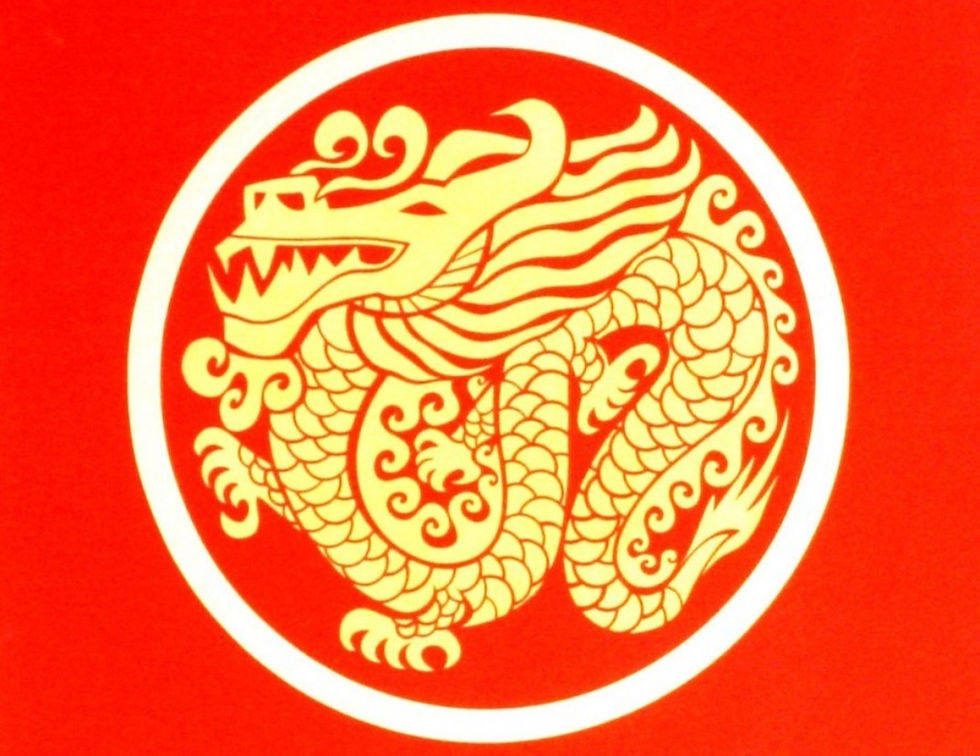Some Sort of Fire Drill
- Richard Murff

- Nov 28, 2022
- 3 min read

Churning out automatons for the Communist party is not the only reason that Beijing’s Tsinghua University exists, but it’s a big one. It’s only being slightly more devoted to the cause than say, Berkley. So it must have been disconcerting for both school staff and their government minders to hear students massed to chant “Democracy and the rule of law”, that one-hit wonder from 1989, last played in Tainanmen Square. Where it killed.
After standing in the cold and telling the students protestors via bullhorn that if they didn’t cut it out and go back to their dorms, he’d call their parents, the harried school official changed tack and asked, sensibly, things hadn’t gotten any better since the government had unveiled its measures to roll-back some of the most drastic covid restrictions?
“No!” they yelled back. Which is almost certainly not what the guy wanted to hear. Unlike American student activism, this wasn’t the usual order of Ché with a side of questionable biology. These students were chanting something that might get them, and the official, thrown in prison for a very long time.
Last week, the 4717 Flight offered that China’s “Zero-Covid” policy was likely going to do one of two things:
1) Trigger social unrest following a wave of deaths from lifting restrictions, or…
2) Trigger the same due to economic strangulation from not lifting them.
Now, it seems that one of one thing is going to happen. Annoyingly it’s not exactly anything we predicted, but a sort of hybrid of the two: Social Unrest over draconian restrictions, but not exactly for economic reasons.
The surge in new cases, 40,000 new cases this weekend, 4,307 in Beijing alone, isn’t what has spread the protests across major cities, including Shanghai and Nanjing, both major university towns. It was a fire in a tower block in Urumqi, the capital of a remote province called Xinjing, the home of the put-upon Uyghur minority. Understand that their plight doesn’t do much move the needle with the average Chinese undergrad, but covid restriction are starting to harsh their social lives.
According to witnesses on social media, most doors and the fire escapes of the tower block had been sealed off to meet covid regulations, and to screw it up even further it took 2 ½ hours for the authorities to get the vaguely unescapable fire under control. The head of the fire brigade cleared things up in their defense, “Some residents ability to rescue themselves was too weak… and they failed to escape.”
The protesters have a point, but they are taking their lives in their hands by chanting “Communist party!”
“Step down!”
“Xi Jinping!”
“Step down!”
In the worst spasm of social unrest since the 1989, which did produce some limited progress. The government did tolerate a minor social safety valve by allowing limited, local protests, but came down hard the moment that protests spread. Then social media happened, Xi Jinping came to power, and even those modest freedoms have been disappearing for the last decade.
And so, what’s next move?
I’ve been in enough “social unrest” and civil wars to know not to make any predictions here, but it’s helpful to remember that Beijing is not Tehran, its grip on power is solid. The Xi’s government has no exit plan for its Zero-Covid policy, but the protests are another matter. While socialist governments are known for their one-size-fits-all approach to just about everything, the Chinese have developed a wide and varied toolbox of tailor-made crowd control: Immediate and brutal violence where ethnic violence is afoot; calling parents and ruining the future of student activists; and for workers, a combination of brutalizing the ringleaders and paying off the bandwagon. There is a good reason why they are the last Marxist standing.
So, what’s Beijing’s next move in this game with itself? With unemployment running high, the economy slowing and a still nasty “Wolf Warrior” vibe in the pants of all those unemployed young men, Xi’s likely bet just may chose a barely off-shore war to reunite the homeland that all the Chines can agree on.








